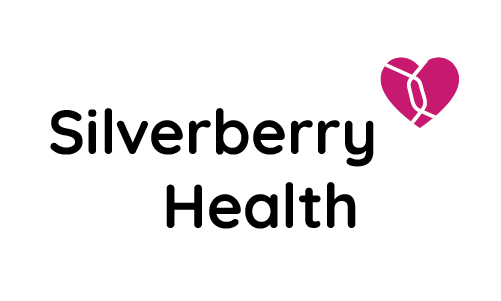
Use your genetics to help you along your athletic journey.
Want to reach your full potential?
The Athletic Training reports can help you design diet and fitness plans based on your unique genetics.
Watch the video below to learn more.
What types of traits are assessed by the Athletic Training reports?
Full list of traits assessed by the Athletic Training reports:
-
Difficulty in Losing Weight
Low Resting Metabolic Rate
Overweight Potential
Satiety Impairment
Snacking
-
Carb Overconsumption
Low-Carb Diet Effectiveness
Starch Metabolism
Sweet Tooth
-
Joint Injury Risk
Lean Body Mass Potential
Low Protein Intake Risk
Muscle Response to Resistance Training
Muscle Strength Loss
-
Fat Overconsumption
Fat Taste Perception
Low-Fat Diet Effectiveness
Mediterranean Diet Effectiveness
Monounsaturated Fats Increased Benefits
Polyunsaturated Fats Increased Benefits
Risk from Saturated Fats
Trans Fats Sensitivity
-
Aerobic Performance
Exercise Aversion
Exercise Benefits for Lowering Cholesterol
Exercise Benefits for Maximal Oxygen Uptake Response
Overall Fitness Benefits
Meet Quincy!
Quincy is a college freshman with his sights set on an NFL career. He needs to find the exact blend of exercises to improve his skills while protecting him from the risks that he's more genetically likely to face.
A look into Quincy’s results…
How can Quincy take advantage of his predisposition for strong aerobic performance?
What steps can Quincy take to overcome his elevated risk for low vegetable intake?
Learn more about Quincy and his athletic training goals.
See how Quincy’s genetic reports can help him achieve his goals.
Short-term recommendations for Quincy:
Personality
Traits could be a blessing or a curse
Channel aggression and tenacity into training and games
Exercise
45% strength training
35% endurance training
20% flexibility-focused exercises
Nutrition
Increase veggies
Moderate protein
Occasionally track food intake
Long-term recommendations for Quincy:
Exercise
Focus on balance and agility training
Stretch those hip flexors and hip adductors!
Nutrition
Pay attention to micronutrients such as choline, vitamin D, and calcium
Watch for fat overconsumption
Don’t displace protein and carbs









